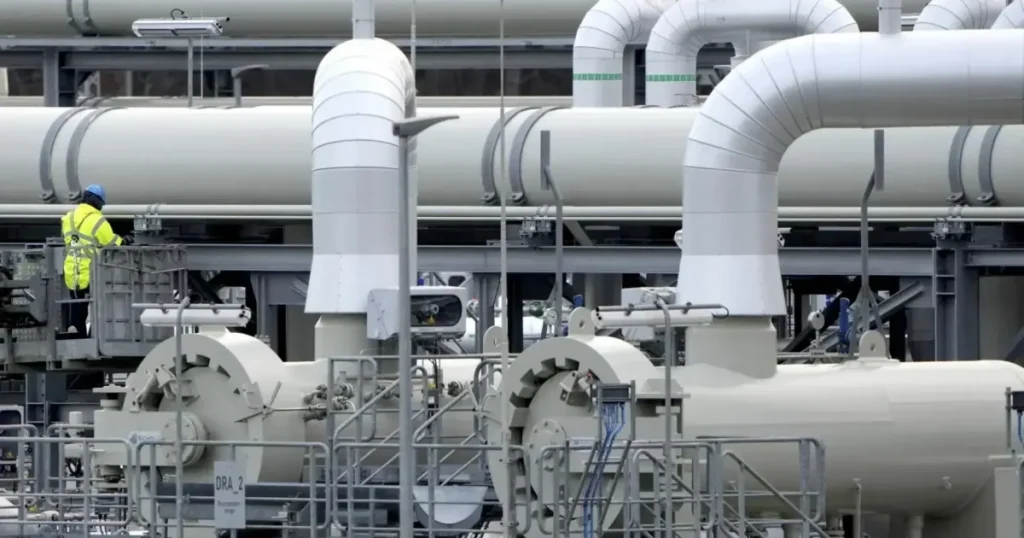The Nigerian manufacturing sector, a vital component of the nation’s economy, faces a persistent and significant hurdle: unreliable power supply. Frequent grid collapses disrupt production, impacting productivity and profitability. While manufacturers grapple with multiple challenges including regulatory complexities, economic fluctuations, inflationary pressures, and volatile currency exchange rates, the inadequacy and instability of the national grid pose the most significant obstacle to operational efficiency. This power deficit forces manufacturers to seek alternative energy solutions to maintain production and competitiveness. Tiget Business International Limited, a prominent footwear manufacturer in Nigeria, exemplifies this resourceful approach to overcoming the power challenge.
Tiget, led by Managing Director Zheng Wei, recognized the critical need for a stable power supply to sustain and expand its operations. The company, established in Nigeria in 2020 and based in Sagamu, faced significant production downtimes and disruptions due to the erratic grid. This directly impacted their overall productivity and output. Recognizing the gravity of the situation, Tiget proactively sought a solution beyond reliance on the unreliable national grid. Their search led them to partner with Clarke Energy, a specialist in distributed power generation solutions. The collaboration resulted in the integration of a 6.6 megawatts Jenbacher gas power plant, fueled by gas sourced from a supplier situated along the Lagos-Ibadan Expressway. This strategic move demonstrates a proactive response to the chronic power shortages plaguing the Nigerian manufacturing sector.
The implementation of the gas power plant involved a comprehensive process overseen by Clarke Energy. Their team conducted a thorough assessment of Tiget’s existing power infrastructure, developed detailed front-end engineering designs, and supervised the installation of the new gas-powered system. Furthermore, Clarke Energy also provides ongoing maintenance support, ensuring the long-term reliability and efficiency of the plant. This holistic approach, from initial assessment to ongoing maintenance, highlights the importance of a comprehensive and sustainable energy solution. The new power plant has brought significant benefits to Tiget’s operations. It provides a cleaner and more consistent energy source compared to relying on diesel generators, leading to substantial cost savings and improved operational efficiency.
The success of Tiget’s power solution underscores a broader trend in the Nigerian manufacturing landscape. Increasingly, manufacturers are transitioning to more resilient, cleaner, and cost-effective power generation alternatives to mitigate the impact of the unreliable national grid. Yiannis Tsantilas, Managing Director of Clarke Energy for sub-Saharan Africa, emphasizes the importance of such solutions for sustainable productivity in the manufacturing sector. He commends Tiget’s leadership for their decisive action in addressing the power challenge, highlighting their contribution to the Nigerian economy through job creation, increased access to quality footwear, and continued investment in the country. This shift towards self-reliance in power generation is vital for the growth and stability of the manufacturing sector.
Tiget’s ambitions extend beyond addressing the power challenge. The company, currently importing polyvinyl chloride (PVC), a crucial raw material for its footwear production, aims to integrate backward by establishing local PVC production facilities. This strategic move will reduce dependence on imports and further strengthen their operations within Nigeria. In addition, Tiget plans to expand its presence across Nigeria and the broader African market by establishing offices and subsidiaries in key locations. This expansion strategy reflects their confidence in the Nigerian market and their vision for growth within the African continent. Wei views Nigeria as a regional economic hub, recognizing the country’s stable democracy, vibrant youth population, and the central role of fashion in its rich cultural identity. Tiget aims to capitalize on these factors to further innovate and influence the Nigerian and African fashion industry with high-quality footwear.
Despite the positive strides made by Tiget and other manufacturers embracing alternative power solutions, significant challenges remain within the Nigerian business environment. The high cost of fuel, exacerbated by the absence of local refining capacity, impacts logistics and the movement of goods, placing upward pressure on operational costs. Wei emphasizes the difficulty of passing on these increased costs to distributors and consumers without jeopardizing competitiveness. He advocates for the establishment of local refineries to provide feedstock for plastic industries, including PVC production, and emphasizes the importance of a stable gas supply to support manufacturers. These measures, according to Wei, are crucial for fostering industrial growth and overall economic stability in Nigeria. The Nigerian market, with a population exceeding 220 million, presents vast potential for businesses. However, navigating the complexities of the local market, including its unique commerce and trade system, requires strategic planning and adaptation.
The experiences of Tiget Business International Limited offer valuable insights into the challenges and opportunities within the Nigerian manufacturing sector. The company’s proactive approach to addressing the power deficit through the adoption of a gas-powered solution demonstrates the importance of self-reliance and innovation in navigating infrastructural limitations. Their commitment to backward integration and expansion within Nigeria and Africa reflects their confidence in the region’s potential. However, the ongoing challenges related to fuel costs and raw material imports highlight the need for broader policy reforms to support the growth and stability of the manufacturing sector. The development of local refining capacity and ensuring a stable gas supply are crucial steps towards creating a more conducive environment for industrial development and economic prosperity in Nigeria.














